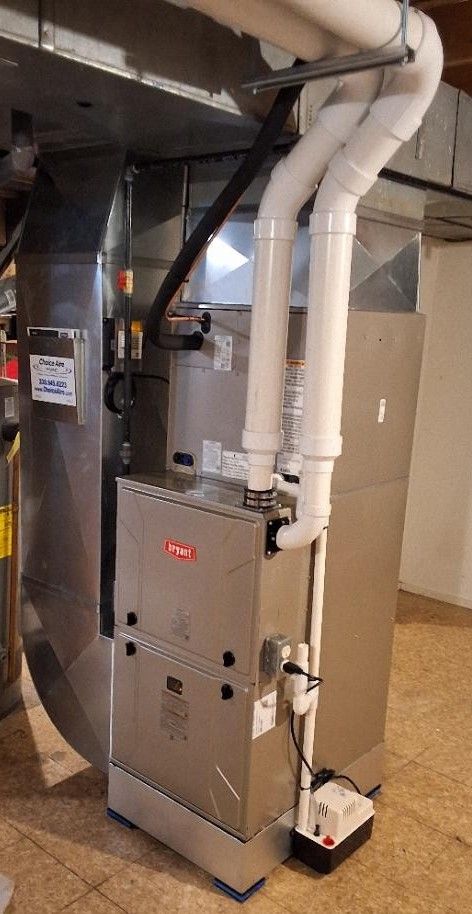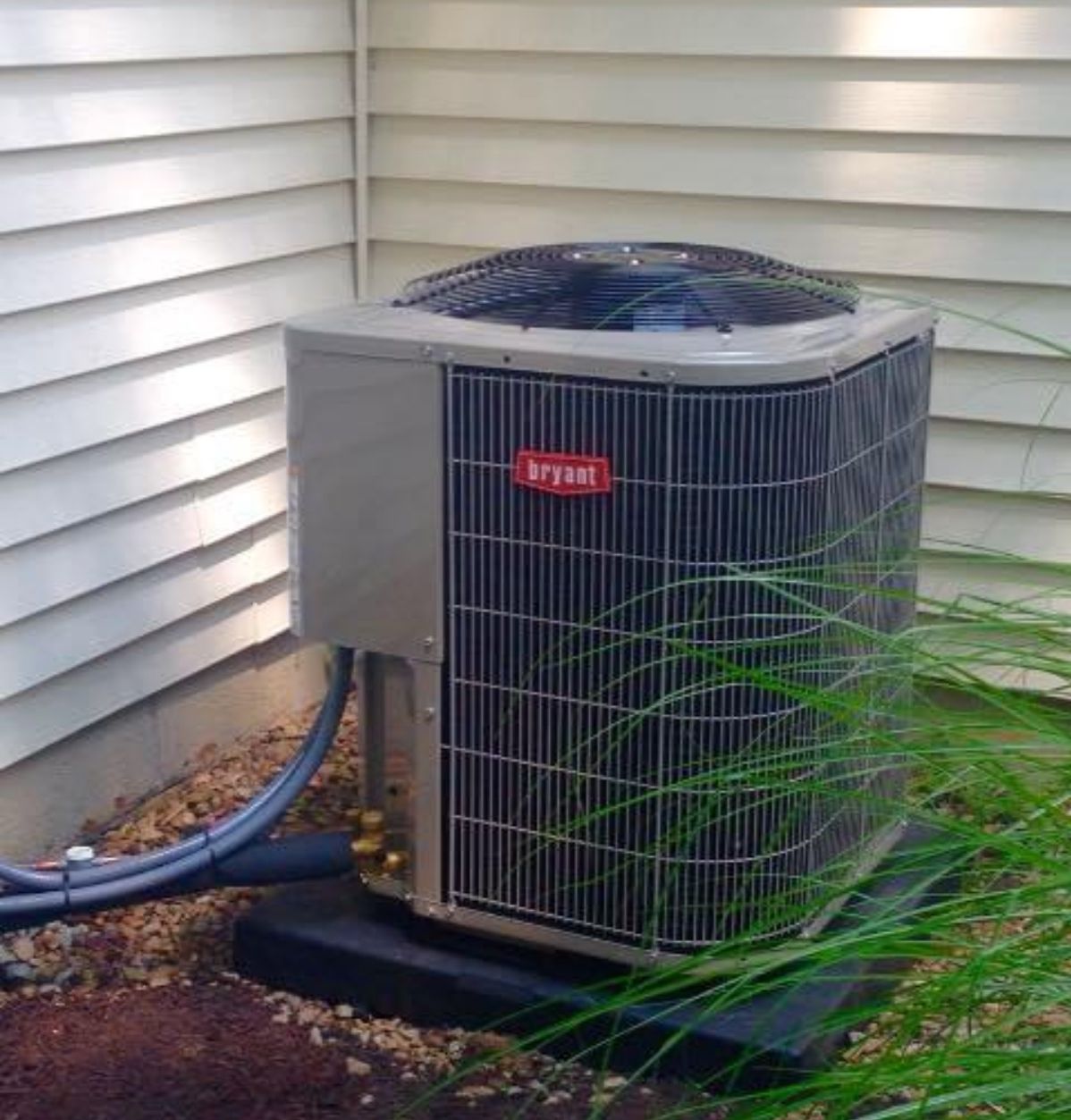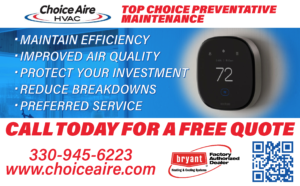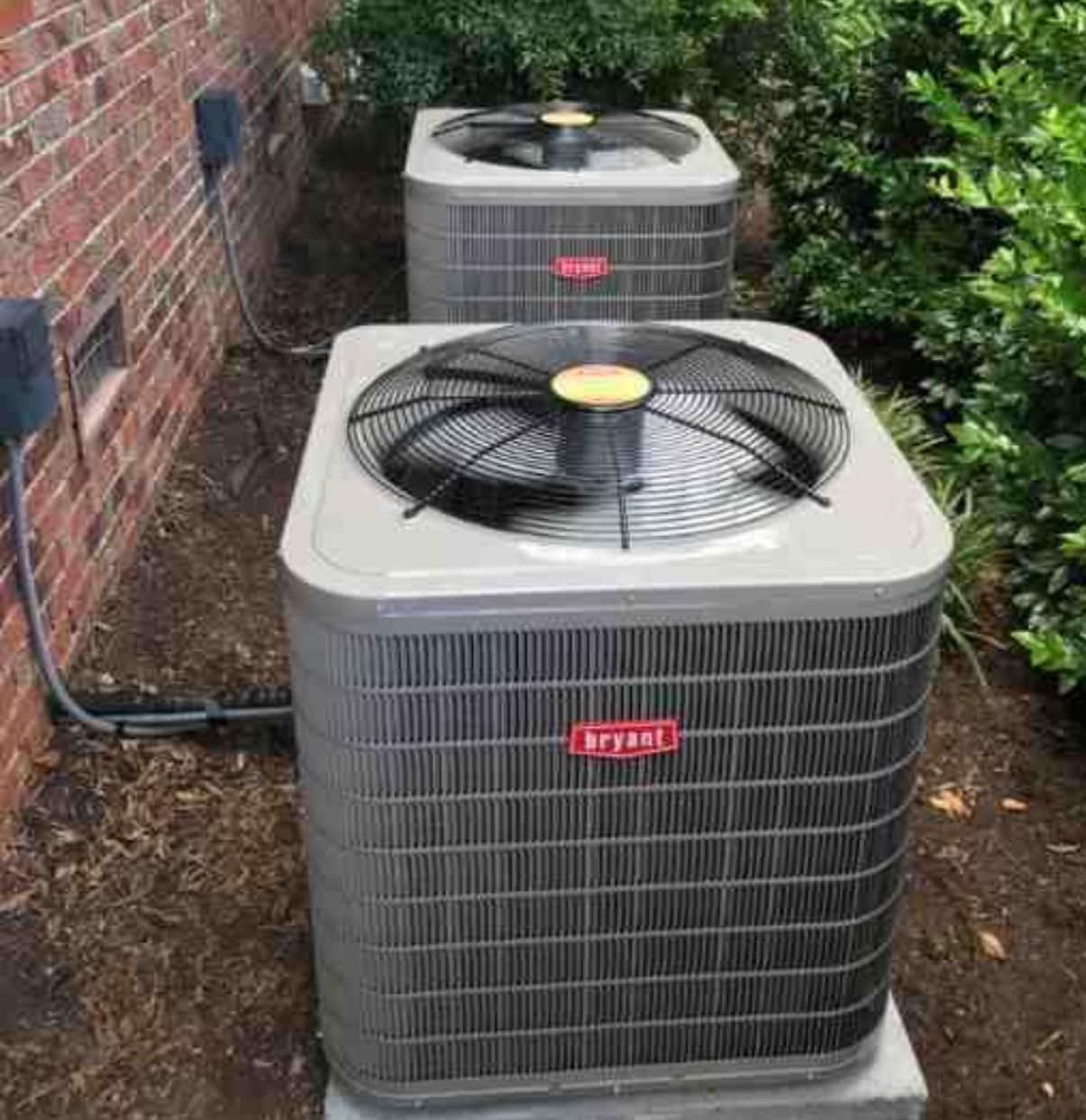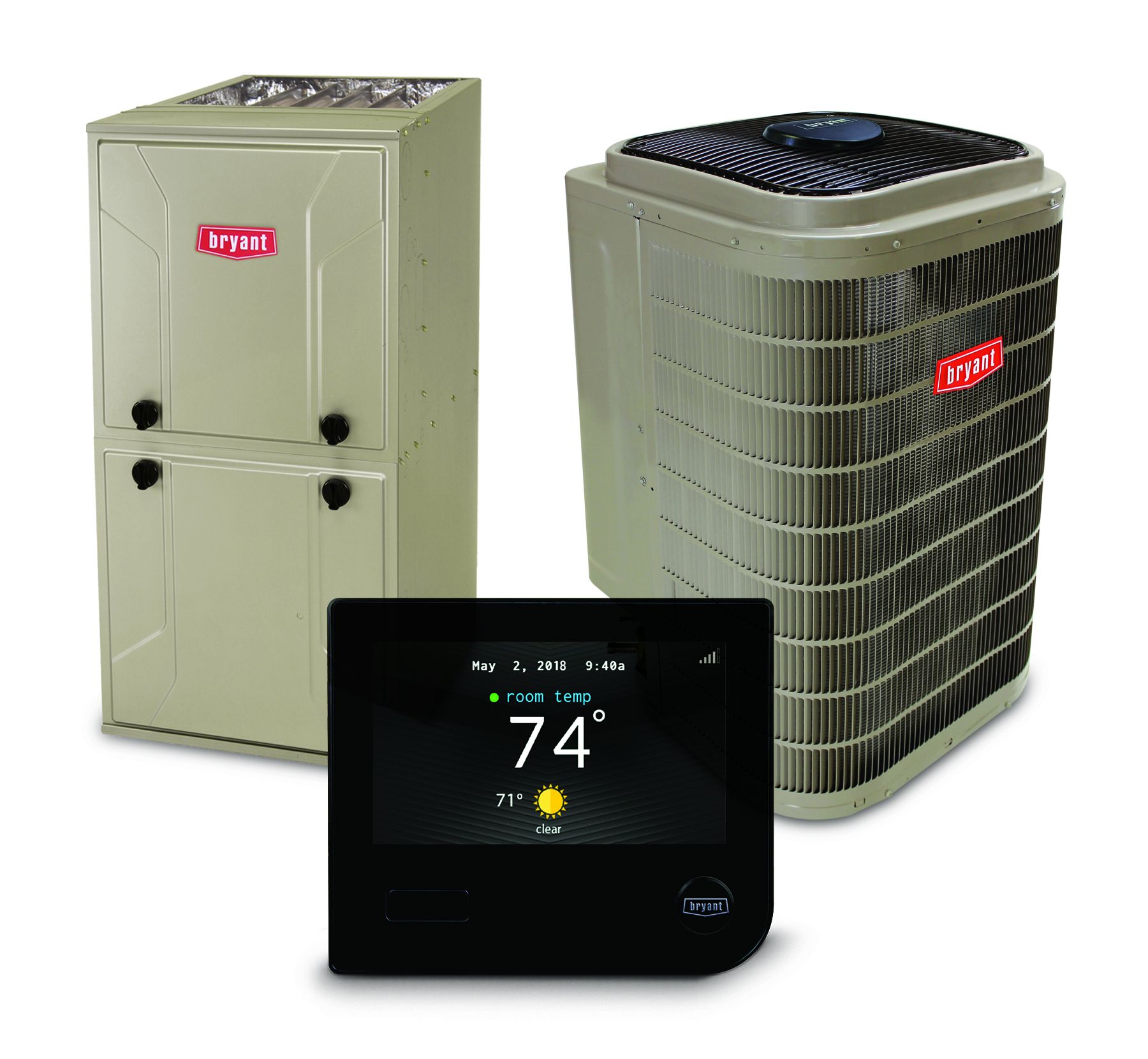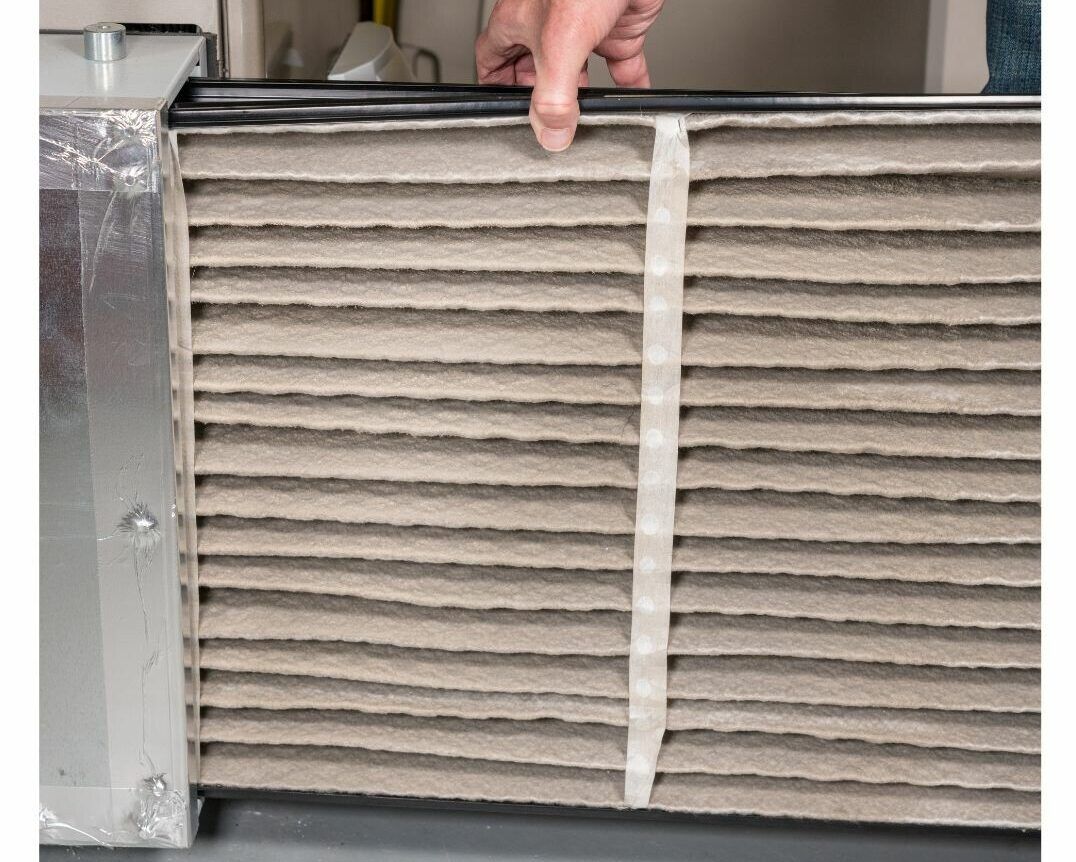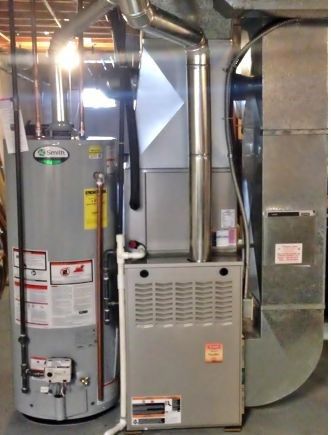Is It Time for a New Furnace? How to Know When to Say Goodbye
Is It Time for a New Furnace? How to Know When to Say Goodbye
The chill in the air and the promise of shorter days mean one thing: winter is coming. And as the temperatures drop, your furnace becomes the unsung hero of your home, keeping you warm and cozy. But what happens when that hero starts showing signs of wear and tear? How do you know if it’s time to repair your current furnace or if it’s finally time to invest in a new one?
Here are a few tell-tale signs that it might be time to start shopping for a replacement:
- Age: Furnaces, like all appliances, have a lifespan. A typical furnace lasts anywhere from 15 to 20 years. If your unit is pushing past that 15-year mark, it’s wise to start thinking about a replacement, even if it’s still working. The older the unit, the less efficient it becomes and the more likely it is to experience major issues.
- Frequent Repairs: Are you on a first-name basis with your HVAC technician? If you’re constantly calling for repairs and the costs are adding up, it’s a good sign that your furnace is on its last leg. At some point, the cost of repairs will outweigh the cost of a new, more efficient unit.
- Strange Noises: Your furnace should operate relatively quietly. If you’re hearing a symphony of clunks, bangs, rattles, or squeals, it’s a sign that something is seriously wrong. These noises can indicate a number of problems, from a failing motor to a cracked heat exchanger (a very serious and dangerous issue).
- Rising Energy Bills: Have your heating bills been creeping up, even though your usage hasn’t changed? An aging furnace loses its efficiency over time. It has to work harder to produce the same amount of heat, which translates to higher energy consumption and bigger bills. A new, high-efficiency furnace can significantly reduce your heating costs, making the investment worthwhile.
- Inconsistent Heating: Is one room toasty while another is a freezer? If your home is not heating evenly, your furnace may be struggling to distribute heat effectively. This can be due to a variety of issues, including an overworked blower motor or a ductwork problem, but this could be a sign that the furnace is no longer up to the task.
Making the decision to replace a furnace is a big one, but it can save you from a frigid breakdown in the middle of winter. By keeping an eye out for these signs, you can be proactive about your home’s comfort and energy efficiency. If you notice any of these red flags, it’s a good time to call a professional HVAC technician for an inspection and to discuss your options. With financing, the payment can be as low as $99/month! A new furnace isn’t just about warmth; it’s about peace of mind.
Choice Aire is here to help guide you in every step along the way!


